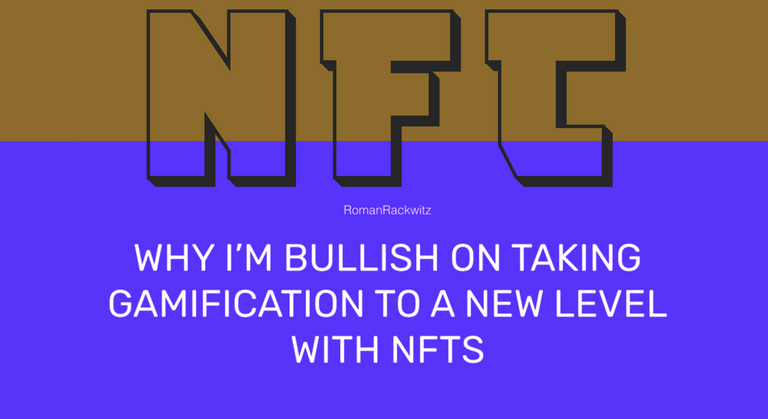
his post Text and picture by @romanrackwith and plus some changes by @detlev
My second introduction to Roman
The last few month I had success to move some more people to the #Hive blockchain. As usual, the start on Hive and all the new tools take some time and therefore I do this experiment. We agreed to us the good article from Roman and my skills to create a nice looking post on hive and share the results.
Here you see another interesting article from a friend of mine and love to kickstart his activities on Hive. For sure, I put him with 50% beneficiaries on this post to his account.
Have a read to his great post and please give him a warm welcome.
I added a few little Markdown formatting, some comments and pictures to the original post to have a better #Hive experience.
Hey Hive Family
a new #Hive user is born
please have a follow to @romanrackwitz
This article is published at https://romanrackwitz.de/why-im-bullish-on-taking-gamification-to-a-new-level-with-nfts/ as part of a series of articles from @romanrackwitz on his blog https://romanrackwitz.de
The Big Picture
The topic of blockchain has perhaps passed few people by unheard. Most people will probably be familiar with Bitcoin and other cryptocurrencies in this context.
Some of you, though far fewer people, will also be familiar with the term NFT. Just like Bitcoin, or all cryptocurrencies in general, an NFT requires the blockchain as infrastructure. But that should be it for now in terms of similarities and this piece of content.

Picture from unsplash.com plus some changes by @detlev
While the classic crypto coins can generally be equated with a type of currency in the real world, NFTs are more like unique digital assets. To keep the comparisons in the real world, Cryptos are like monetary units, while NFTs are more like ID cards. Unique by what they represent (name, photo, characteristics, ID number).
So, there can be no NFT twice. This is made possible by blockchain technology. We don’t need to know how this works here. There are plenty of sources on the web.
Intersection between gamification and NFTs
But what is important in the context of NFT and gamification is the impact of such uniqueness in connection with the behavior of people. And as working with behavior psychology is the core activity of gamification my interest in the combination of both worlds should be obvious by now.

Picture from unsplash.com plus some changes by @detlev
My personal core philosophy of gamification (and what I’m well known for) is that people are motivated to play because there is a personal journey to explore and conquer that unfolds before them over time. In a way that satisfies our human need for competence, autonomy, meaning, and connection. I believe that this basic underlying dynamic is true for almost everything that we do voluntarily. Is it not the case, that exploring your personal journey and conquering it matches also activities like doing sports, playing music, or even performing your hobby?
Gamification - from outcome to path
It’s not (or much less) about being rewarded at the end of the finish line, but about gaining new resources to continue to evolve in the face of growing challenges. This is what differentiates gamification from reward programs.
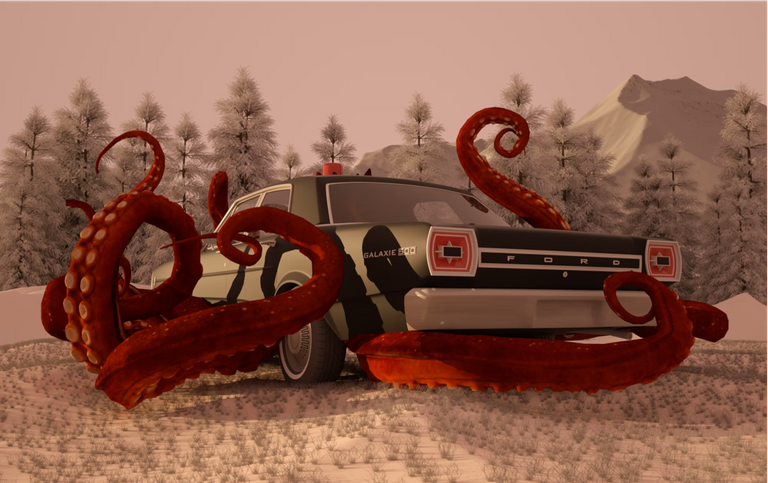
Picture from unsplash.com
However, this philosophy also means that in our gamification design solutions, the focus on the activity itself must take precedence over the focus on the outcome or the ‚reward‘ for the outcome. And this is where it gets tricky. Because 99.9% of the time, any system that says do something and you get something is perceived as a reward system in the subjective perception of the people involved, which automatically puts the focus back on the result.
This will most likely lead to an extrinsically driven system, which is exactly what gamification wants to replace.
Be Smart
Therefore, it is out of the question to offer a digital implementation in which points, badges, rankings or similar designed functions provide for attention. But, if you are, at least a little bit, into Gamification, you also know that this kind of reward system is exactly what most Gamification solutions out there are all about. In my personal opinion, our gamification industry has taken a completely wrong turn somewhere here.
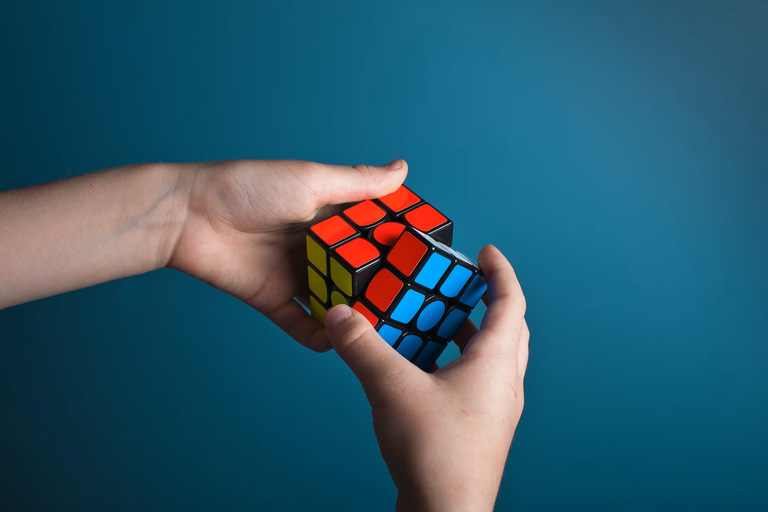
Picture from unsplash.com
And that is exactly the point that fascinates me so much about NFTs. Because of their uniqueness and the possibility of irretrievable proof of ownership by the owner, they can represent something that is so important for successful gamification design: the user’s journey and his focus on progress over time.
In other words, exactly what makes us look back so proudly in the game because we know what we had to do to get to the goal. Points and badges and leaderboards can hardly do that. They can usually only capture the status quo at the end. But not ‚how‘ you got there.
Gamification - journey over goal
But it’s exactly the ‚how‘ that provides the emotional connection in games, sports, and hobbies. If it were the other way around, i.e. if the result and the reward at the end were so important for us, then we wouldn’t like a game that gets harder, because that takes away the probability of winning. Also, we wouldn’t get bored with games that are too easy, and we would only ever want to play level one.

Picture from unsplash.com
And we can see this every day when we look at successful ventures and offerings. You may not forget, that their ‘Superfans’ are not created at the moment they get something like a bonus or reward, they are created by the moments you create for them over time. A journey that is full of moments that are emotionally valuable.
The Bottom Line With NFTs in Gamification
To understand that you need to know that NFTs can also be dynamic. So, similar to an avatar in the game, which develops with the performance of its player and thus stands for the abilities of the player, an NFT can also improve visually and/or through its properties.
In this particular case, you can think of an NFT as a box that can hold different items inside it. Depending on the quantity and type of items, the box also changes its exterior and thus represents a certain value through its appearance alone.
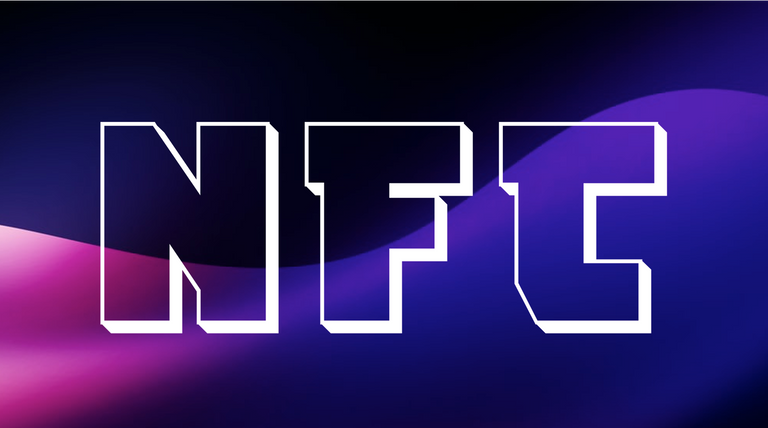
Picture from unsplash.com and modified by @detlev
The term ‘items’ is representative of rights that an NFT can hold, exchangeable tokens, tickets to events, access to certain information, licensing rights for software use, and so on.
Gamification reframe rewards as resources
However, one of the main features I want to address here with NFTs is not so much a technical feature (which are impressive on their own) but a psychological one.
We usually talk far too little about the psychological potential of new technical developments.
The irrevocable uniqueness of each individual NFT and the indelible connection of an NFT with its owner really gives me goosebumps as a gamification designer.

Picture from pixabay.com
Because people feel more connected to something they own. This is where several psychological phenomena come into play. Among others, for example, something is known as ‚attachment theory‘. We know this phenomenon from successful examples like Tamagotchi, Pokemon Go, or even when people name their cars.
And it’s often even noticeable in the design as well. Not without reason, for example, cars are designed with a kind of ‚facial expression‘. Sometimes seemingly friendly-looking, sometimes rather sporty or dangerous. This psychological effect is called anthropomorphism.
So, while NFTs can already be a fascinating tool in purely functional terms to be able to represent something like a ‚relationship‘ to a company, a product, a service, or the like, there is also a role for them with psychological impact.
Go Deeper
Both worlds, gamification & NFTs, fascinate me so much and I’m also (though probably not entirely objectively) so bullish on both topics that we’ll be spending a lot of our resources in the near future on how to bring them together.
If either topic is of great interest to you, or better yet, both topics, feel free to let’s talk.
Where do you think the two phenomena of ‚attachment theory‘ and anthropomorphism, in particular, can have their value?

Picture from pixabay.com
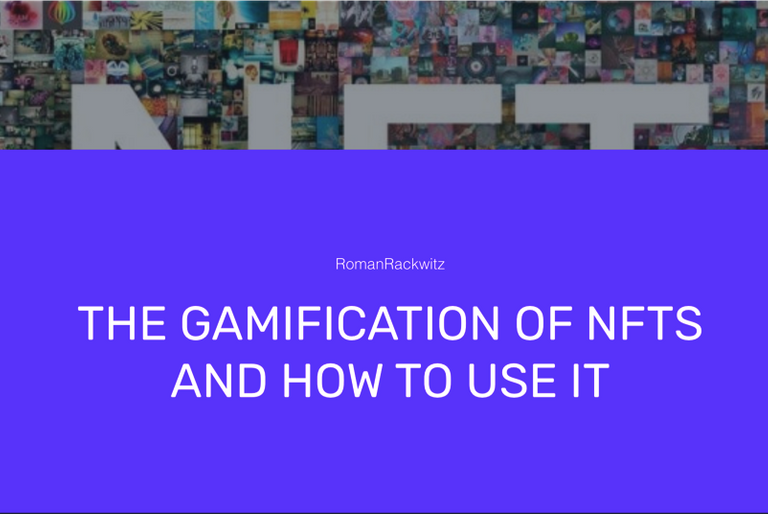
his post Text and picture by @romanrackwith and
More from this NFT series
The Gamification of NFTs and how to use it.
https://peakd.com/hive-167922/@detlev/the-gamification-of-nfts-and-how-to-use-it
Have a great day everybody
and let us travel the world again

pic by @detlev
have 3 pics and a story
around beer - and go!
Enjoy the #BeerSaturday

@Detlev loves HIVE

PIZZA Holders sent $PIZZA tips in this post's comments:
You can now send $PIZZA tips in Discord via tip.cc!
@detlev! The Hive.Pizza team manually curated this post.Congratulations @detlev! You have completed the following achievement on the Hive blockchain and have been rewarded with new badge(s):
Your next target is to reach 155000 upvotes.
You can view your badges on your board and compare yourself to others in the Ranking
If you no longer want to receive notifications, reply to this comment with the word
STOPTo support your work, I also upvoted your post!
Check out the last post from @hivebuzz:
Splinterlands combines the two worlds in a very good way.
By the way, recently its market capitalization reached $280 million USD. NFT gaming will probably have a very bright future.
Der letzte Link funktioniert leider nicht, er zeigt auf den edit Modus und gibt bei mir ein 404 zurück.
Wie du vielleicht mitbekommen hast, lerne ich jetzt Java. Mein langfristiges Ziel ist es, auch im Hive Universum mit zu programmieren, auch mit NFTs.Hi @detlev, sehr interessanter Artikel.
Gruß, Achim
Hi @achimmertens schaue ich mal an und werde es fixen
Fixed!!